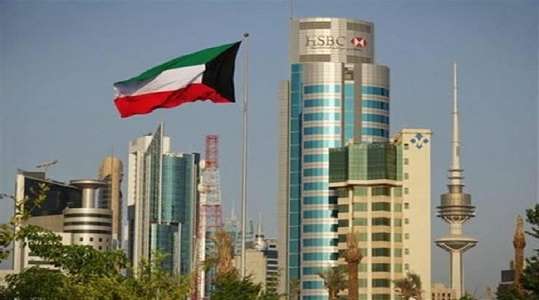The Kuwaiti Cabinet approved the budget for the fiscal year that begins in April and ends at the end of March 2022, with a deficit of nearly $40 billion (12.1 billion dinars), as a result of the significant increase in expenditures, which amount to 23 billion dinars, salaries and subsidies constitute about 72 percent of them, while estimates of capital spending have increased by 20 percent to 3.5 billion dinars, in order to support the national economy and limit the effects of the Corona pandemic, according to a Kuwaiti Ministry of Finance statement.
In contrast, the budget estimates revenues at 10.9 billion dinars, up from 7.5 billion dinars in the previous budget. Oil revenues are estimated at 9.1 billion dinars, up from 5.6 billion for the current fiscal year.
The budget figures assume an average oil price of $45 a barrel, and the level of production is estimated at 2.4 million barrels per day. For comparison, last year's budget assumed an average oil price of $30 a barrel, and the level of production at $2.5 million a day. Historically, Kuwait's production exceeded 3.2 million barrels per day, but in light of the Corona pandemic and OPEC Plus decisions, its production decreased to about 2.3 million barrels per day.
As in last year's budget, the budget does not provide for deduction of any percentage of revenues for the Future Generations Fund. But the biggest challenge facing Kuwaiti finance lies in financing the deficit. According to Finance Minister Khalifa Hamadeh, the General Reserve Fund suffers from fundamental challenges in liquidity as a result of withdrawing from it, while the parliamentary refusal to pass the public debt law so far prevents resorting to the markets to finance the deficit.
Source (Al-Arabiya.net website, Edited)

